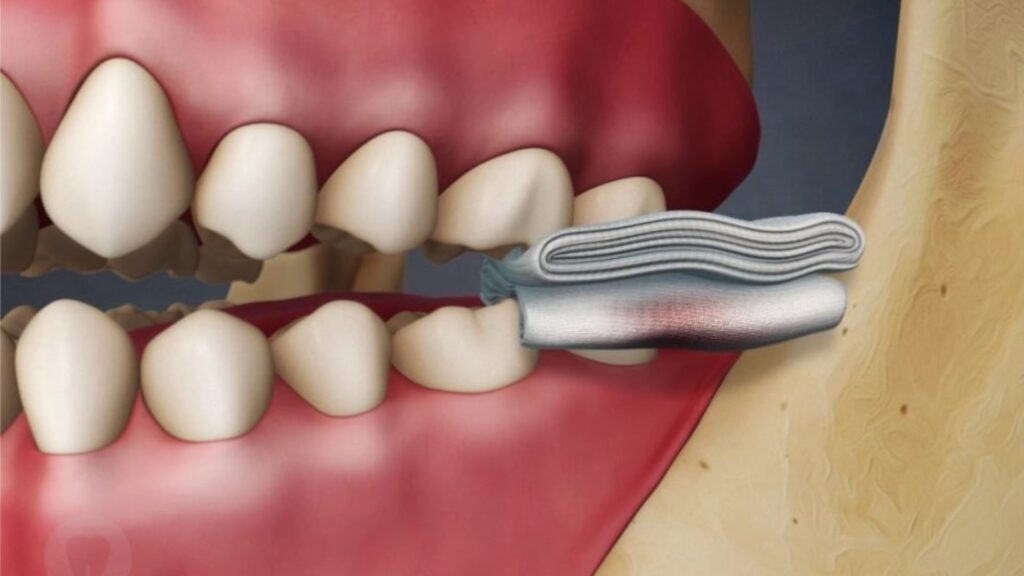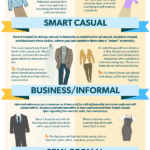Wisdom teeth removal is a common dental procedure, but it can sometimes lead to unexpected discomfort. One such issue is cheek biting after wisdom teeth removal, which can be quite painful and frustrating. This article will delve into the causes of this phenomenon and provide practical tips for relief and prevention. We’ll explore the role of anesthesia, surgical site irritation, and proper oral hygiene in minimizing cheek biting after wisdom tooth extraction.
This comprehensive guide will equip you with the knowledge to understand why cheek biting after wisdom teeth removal occurs and how to effectively manage it. By following the advice outlined here, you can promote faster healing and a more comfortable recovery process.
Cheek Biting After Wisdom Teeth Removal
Cheek biting after wisdom teeth removal is a common complication that arises due to altered sensations in your mouth. Anesthesia used during the procedure numbs your mouth and jaw, temporarily reducing your awareness of where you are biting. This can lead to unintentional bites on your cheek, often causing pain, swelling, and even bleeding.
The discomfort from cheek biting after wisdom teeth removal can be quite intense, especially in the initial days following surgery. It’s important to remember that this is a temporary condition and usually resolves as the anesthesia wears off and your mouth begins to heal. However, persistent or severe cheek biting may require additional attention from your dentist.
Causes of Cheek Biting

Several factors contribute to cheek biting after wisdom teeth removal. Understanding these causes can help you take proactive steps to minimize the risk:
Anesthesia Effects
Local anesthesia is commonly used during wisdom tooth extraction to numb the surgical area and reduce pain. However, this numbness can extend beyond the extraction site, affecting your cheek muscles and reducing your awareness of biting sensations. As a result, you may unintentionally bite your cheek while eating or even talking.
Surgical Site Irritation
The surgical site itself can also contribute to cheek biting after wisdom teeth removal. The incision and surrounding tissues are sensitive and prone to irritation. When you accidentally bite your cheek near the extraction site, it can exacerbate pain and inflammation.
Poor Oral Hygiene
Maintaining good oral hygiene is crucial for healing after wisdom tooth extraction. Neglecting to brush and floss properly can lead to food particles accumulating around the surgical site, increasing the risk of irritation and cheek biting.
Relief from Cheek Biting
If you’re experiencing cheek biting after wisdom teeth removal, there are several strategies to alleviate discomfort:
Soft Food Diet
Switching to a soft food diet is essential for minimizing cheek irritation. Avoid crunchy, chewy, or spicy foods that can aggravate the surgical site and increase the likelihood of biting your cheek. Opt for smooth, easily digestible options like mashed potatoes, yogurt, soups, and scrambled eggs.
Over-the-Counter Pain Relief
Over-the-counter pain relievers such as ibuprofen or acetaminophen can help manage the discomfort associated with cheek biting after wisdom teeth removal. Follow the recommended dosage instructions carefully and consult your dentist if you have any concerns.
Cold Compress
Applying a cold compress to the affected area can help reduce swelling and numb the pain. Wrap a bag of ice in a towel and apply it to your cheek for 15-20 minutes at a time, several times a day.
Oral Hygiene After Wisdom Tooth Extraction

Maintaining good oral hygiene is crucial for promoting healing and preventing complications after wisdom tooth extraction.
Gentle Brushing
Brush your teeth gently with a soft-bristled toothbrush, avoiding the surgical site as much as possible. Focus on cleaning the areas around the extraction site once the initial swelling has subsided.
Rinsing with Salt Water
Rinsing your mouth with warm salt water several times a day can help cleanse the surgical site and reduce inflammation. Dissolve 1/2 teaspoon of salt in 8 ounces of warm water and swish it gently around your mouth for 30 seconds, then spit it out.
Avoiding Tobacco Products
Smoking or using tobacco products can significantly hinder healing and increase the risk of complications after wisdom tooth extraction. Avoid these substances until your mouth has fully healed.
Soft Food Diet for Healing
A soft food diet is essential for promoting healing after wisdom tooth extraction.
Examples of Soft Foods
Here are some examples of soft foods that are easy to chew and digest:
- Mashed potatoes
- Yogurt
- Smoothies
- Scrambled eggs
- Applesauce
- Oatmeal
- Cooked vegetables (pureed or finely chopped)
- Soup
Conclusion
Cheek biting after wisdom teeth removal is a common but manageable complication. By understanding the causes and implementing the relief strategies outlined in this article, you can minimize discomfort and promote faster healing. Remember to follow your dentist’s instructions carefully, maintain good oral hygiene, and stick to a soft food diet for optimal recovery. If you experience persistent or severe cheek biting, don’t hesitate to contact your dentist for further guidance.



